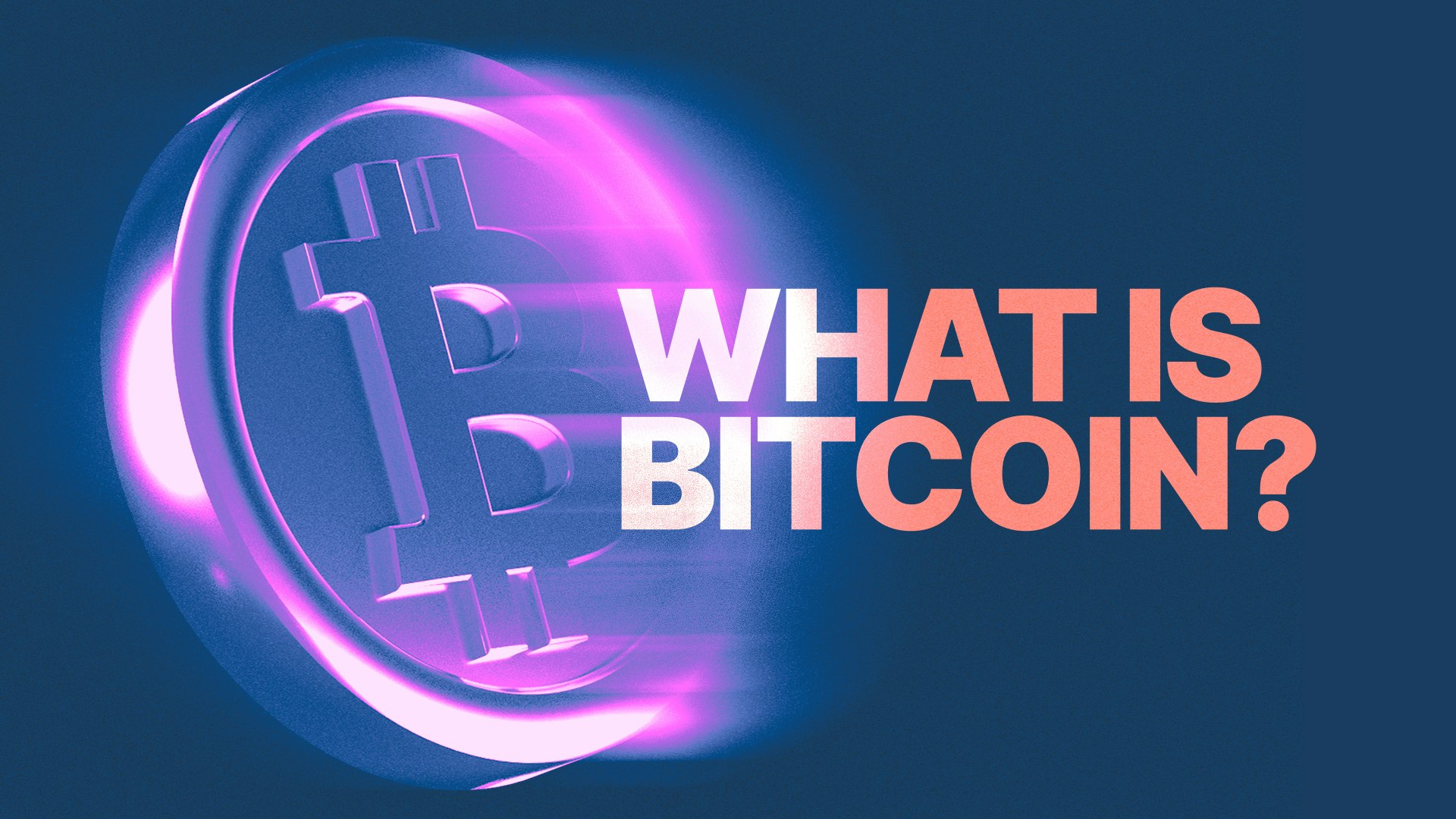USA Divorce in the Crypto Age: Prenups Now Include Crypto Holdings
The prenup landscape is changing, thanks to crypto now having a bigger presence in asset portfolios.
In this article...
- Asset portfolios are increasing including cryptocurrencies
- Crypto holdings are being added to prenups
- However, it isn't as easy as traditional assets, here's what you need to know.

High-net-worth individuals navigating the complexities of wealth and divorce is the stuff of movie plot dreams! We can never get enough of it. But times have changed even since Intolerable Cruelty was made in 2003, featuring the iron-clad unchallengeable (but fictional) Massey Pre-nup.
So why is his movie already out of date? Because high-net-worth individuals have diversified into cryptocurrency since it was made. This could mean that Bitcoin, Ethereum, other cryptocurrencies, or perhaps even NFTs need special mention in prenup situations.
High-net-worth individual Paris Hilton came to her marriage with serious blockchain assets, which she started buying in 2016. This is unlike husband Carter Reum, who came from a traditional finance background. Although he did name one of her dogs "Ether Reum" which is very funny, he does not have any history with crypto or NFTs that the public knows about.
While traditional assets have many precedents in a divorce situation, cryptocurrencies are only just new to the divorce scene.
For people with substantial portfolios, a prenuptial agreement that specifically mentions crypto can save a lot of discord when it comes to marital dissolution. There’s no getting around it: Crypto demands special treatment in prenups.
Crypto in Divorce: Volatility, Anonymity, and Tracing Challenges
Unlike traditional assets like stocks, real estate, or retirement accounts, cryptocurrency introduces unique hurdles in divorce proceedings. First, its volatility means values can rise or drop quite sharply overnight. This complicates equitable division. It requires precise timing and expert appraisals to avoid disputes over "fair market value" at the moment of separation.
Secondly, crypto's decentralised nature can make it easier to conceal to people who aren’t versed with crypto, compared to traditional assets. Finally, tax implications add another layer: In many countries, tax officials treat crypto as property, subjecting sales or transfers to capital gains taxes, which can erode value if not handled carefully during division.
In the United States, the Internal Revenue Service (IRS) treats cryptocurrencies like Bitcoin, Ethereum, and other digital assets as property for tax purposes, not as currency. This means that crypto disposals (giving crypto to someone else, or selling crypto) are subject to capital gains tax rules, similar to stocks or real estate. So if you are “giving” your ex-spouse crypto as part of a divorce settlement, there’s an interesting thing to know here.
Transferring crypto to a spouse in a divorce settlement under IRC Section 1041 is generally non-taxable.
However, selling crypto to fund a settlement triggers capital gains tax, as outlined in Notice 2014-21. So if you give your ex-spouse crypto as part of a divorce settlement, it is seen as a transfer and not a taxable event. But if you sell it to pay your ex-spouse, you’ll pay tax on it and you will have less to give to your ex-spouse. This article is for informational purposes only and does not constitute legal, tax, or financial advice; please consult a qualified professional.
Tailoring Prenups for the Digital Era
Without clear prenup clauses, courts may force liquidation, triggering hefty taxes and losses in a bear market. In short, treating crypto like any other asset risks undervaluation, hidden holdings, and prolonged litigation. Prenup lawyers may advise bespoke prenup provisions when it comes to crypto, so be sure to speak to a lawyer in this field, or a tax advice professional.
Modern thinking might tell you not to assume your crypto is automatically protected as premarital property.
All crypto holdings may appear in the prenup. For instance, Bitcoin acquired pre-marriage may stay yours. But gains made during marriage might have to be shared upon divorce.
And there probably isn’t much chance of hiding crypto assets these days. Attorneys do advise consulting forensic accountants early, as subpoenas for crypto exchange records can reveal hidden assets.
Crypto's Role in High-Profile Divorces
Mainstream media has spotlighted how crypto amplifies divorce drama, with tales of hidden fortunes and bitter fights making headlines. In a 2023 a husband concealed $500,000 in Bitcoin from his wife during their split.
However, a "crypto hunter" uncovered it in an undisclosed wallet after a six-month probe. The story highlights sophisticated hiding tactics, like using privacy coins or chain-hopping. But still, forensic accountants can find these hidden assets.
Then there is the deSouza case, where tech executive Francis deSouza had undisclosed Bitcoin investments (worth millions). A court ordered him to hand over $6 million in crypto to his ex-wife after an eight-year battle. Divorce lawyer Jacqueline Newman likened crypto to the ‘new offshore account’, noting its rise in high-net-worth splits.
Publications like Axios have cautioned against "crypto poverty" claims, where one spouse downplays holdings post-separation.
As crypto adoption grows, so do the complications in divorce, which is changing the prenup landscape.
Expert Insights: What the Lawyers are Saying
In New York, Aiello & DiFalco LLP, a firm specialising in matrimonial law, has been vocal about crypto's integration into prenups and divorces.
They stress that a well-drafted prenup is an effective tool to proactively address cryptocurrency. Sydney Halloran, associate attorney at [Lynch and Owens[(https://www.lynchowens.com/blog/2025/april/handling-cryptocurrency-in-divorce-challenges-an/) says that one challenge in crypto discovery is that there’s “often no central bank or authority to subpoena for records if assets are held in personal wallets.
However, many people use major cryptocurrency exchanges to buy or hold crypto. These companies maintain customer records and will respond to subpoenas or court orders in most cases.”
The Future: Crypto as a Pillar of Modern Wealth
In an era where digital innovation reshapes fortunes, cryptocurrency stands not as a liability in divorce proceedings, but as a testament to forward-thinking wealth building.
By integrating crypto-specific clauses into prenups, detailing transparent disclosures, fair valuations, and tax-efficient divisions, high-net-worth individuals can protect their assets while harnessing the unparalleled growth potential of blockchain technology.
Stories of hidden holdings and tax pitfalls are cautionary tales, yet they show the legal landscape adapting to support this growing asset class.
As you navigate life, be that marriage, divorce, or simply navigating the markets, you can view crypto not as a complication, but as financial sovereignty, even if that means losing some of it to your ex.
Consulting a crypto-savvy lawyer ensures your prenup evolves with this dynamic asset class.

Suggested Articles

What is Ethereum? What is ETH Used For?
Ethereum is a decentralised blockchain-based open-source software platform that allows for the development of decentralised applications (dApps).Read more
What is Bitcoin (BTC)? What is "Digital Gold" Used For?
What is Bitcoin? It is a digital currency that can be traded, exchanged, and used as a form of payment independent of central banks and governments.Read more
What Is Crypto? How do Cryptocurrencies Work?
Crypto has become incredibly popular. But how does this digital currency work? And are there cryptos other than Bitcoin? Read moreBrowse by topic
CoinJar’s digital currency exchange services are operated by CoinJar Australia Pty Ltd ACN 648 570 807, a registered digital currency exchange provider with AUSTRAC.
CoinJar Card is a prepaid Mastercard issued by EML Payment Solutions Limited ABN 30 131 436 532 AFSL 404131 pursuant to license by Mastercard. CoinJar Australia Pty Ltd is an authorised representative of EML Payment Solutions Limited (AR No 1290193). We recommend you consider the Product Disclosure Statement and Target Market Determination before making any decision to acquire the product. Mastercard and the circles design are registered trademarks of Mastercard International Incorporated.
Google Pay is a trademark of Google LLC. Apple Pay is a trademark of Apple Inc.
This site is protected by reCAPTCHA and the Google Privacy Policy and Terms of Service apply.

